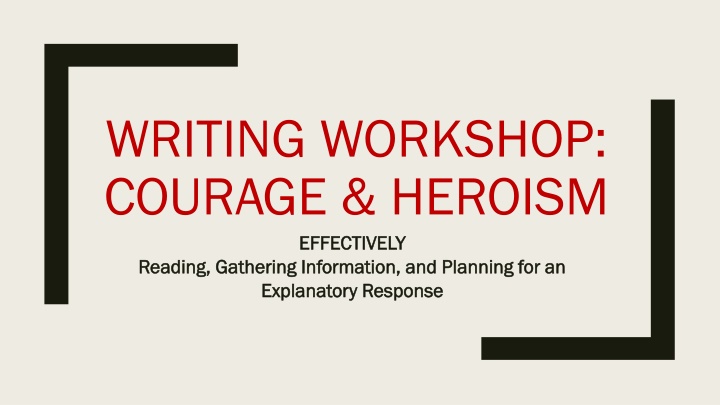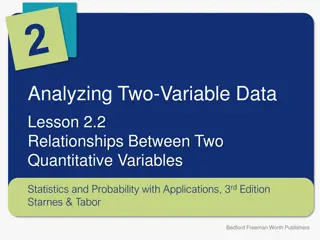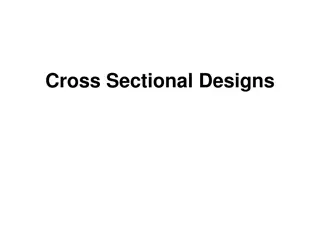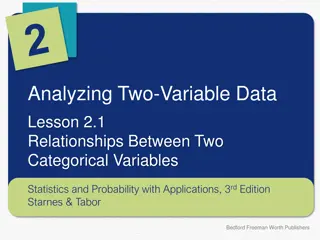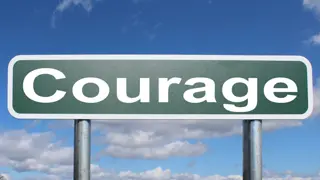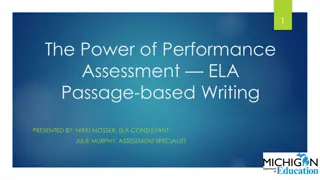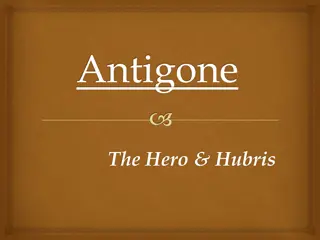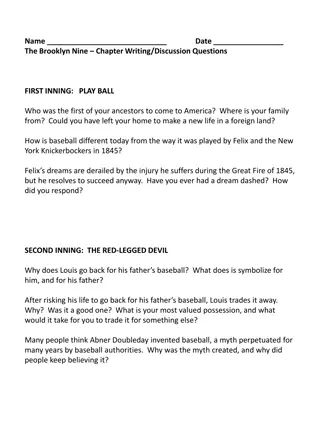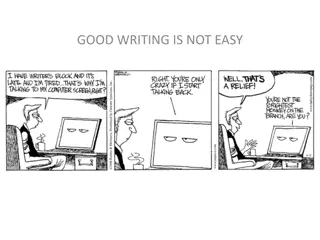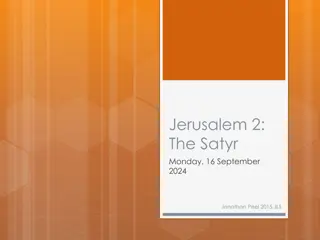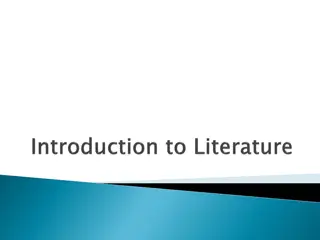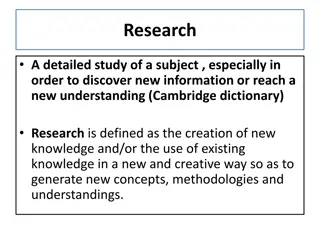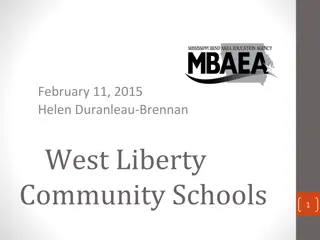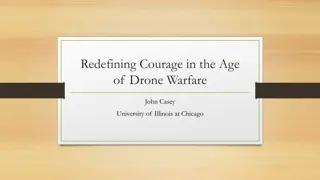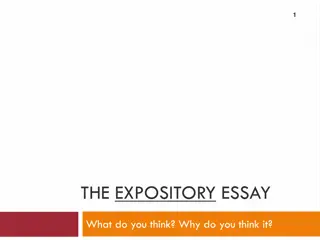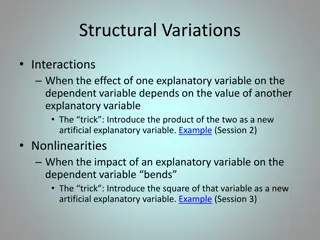Mastering Explanatory Writing: Unlocking the Power of Courage and Heroism
Dive into a comprehensive writing workshop focused on developing courage and heroism in your explanatory essays. Explore essential learning goals, understand key aspects of the rubric for high scores, and master the elements of purpose, focus, evidence, elaboration, and conventions to elevate your writing skills to exemplary levels.
Download Presentation

Please find below an Image/Link to download the presentation.
The content on the website is provided AS IS for your information and personal use only. It may not be sold, licensed, or shared on other websites without obtaining consent from the author.If you encounter any issues during the download, it is possible that the publisher has removed the file from their server.
You are allowed to download the files provided on this website for personal or commercial use, subject to the condition that they are used lawfully. All files are the property of their respective owners.
The content on the website is provided AS IS for your information and personal use only. It may not be sold, licensed, or shared on other websites without obtaining consent from the author.
E N D
Presentation Transcript
WRITING WORKSHOP: COURAGE & HEROISM EFFECTIVELY EFFECTIVELY Reading, Gathering Information, and Planning for an Reading, Gathering Information, and Planning for an Explanatory Response Explanatory Response
Learning Goals: Learning Goals: Engage in the writing process Engage in the writing process Students will read, gather evidence & plan for wriitng Students will be able to write explanatory essay with clear reasons and relevant evidence. Cite several pieces of evidence to support analysis of what text says Produce clear and coherent writing in which development, organization, and style are appropriate to task, style, and audience.
Understanding the Rubric Key to Achieving a High Score Rubric is HAVE YOU SEEN THIS BEFORE?!?! Purpose, Focus, and Organization Evidence and Elaboration Conventions
Purpose, Focus, and Purpose, Focus, and Organization Organization Clear controlling idea (if explanatory) Connections between ideas & support (Transitions at beginning of body paragraphs and internal transitions) Logical progression of ideas (Topic Sentence in body paragraphs & sum it up) Appropriate style & tone
Evidence and Elaboration Evidence and Elaboration Relevant, smoothly integrated, & well-cited evidence Effective elaboration (Explain ~Your analysis. DO NOT RESTATE) Precise language & domain-specific vocabulary
Conventions Conventions Adequate Convention Use No patterns No patterns of errors, if any Adequate use of punctuation, capitalization, sentence formation, & spelling
4 4 Exemplary: The student Exemplary: The student fully demonstrates fully demonstrates the indicators in the category. the indicators in the category. 3 3 Proficient: The student Proficient: The student mostly demonstrates mostly demonstrates the indicators in the category. the indicators in the category. 2 2 Emerging: The student Emerging: The student partially demonstrates partially demonstrates the indicators of the category. the indicators of the category. 1 1 Unsatisfactory: The student Unsatisfactory: The student minimally demonstrates category. category. minimally demonstrates the indicators of the the indicators of the U U Not Not scorable scorable: The student does not provide enough information for the paper to : The student does not provide enough information for the paper to be scored, or the student s writing is illegible. be scored, or the student s writing is illegible.
Passage Set and Prompt at a Glance: Passage Set and Prompt at a Glance: Where is the prompt located? Where is the prompt located? It will be in the back of the passage set. Always go there first. passage set. Always go there first. What should I do? What should I do? Read the prompt and underline or Read the prompt and underline or highlight key words that help you understand the topic highlight key words that help you understand the topic and what you must do to answer the question. and what you must do to answer the question. What do I do next? What do I do next? Scan the passages. Notice their titles, Scan the passages. Notice their titles, length, etc. Begin read to text mark + annotate, looking for length, etc. Begin read to text mark + annotate, looking for significant details that will help you answer the question. significant details that will help you answer the question. It will be in the back of the
Lets Try it: Let s Try it: Highlight only the key words in the writing prompt: Highlight only the key words in the writing prompt: Possible Key Words: Possible Key Words: - - what it means to be courageous what it means to be courageous - - Use evidence from multiple sources Use evidence from multiple sources - - Avoid overly relying on one source Avoid overly relying on one source - - Multi Multi- -paragraph essay paragraph essay
Scan the Titles: Scan the Titles: Three texts: Three texts: - - Source 1 Source 1: An Act of Courage : An Act of Courage - - Source 2 Source 2: Monuments Men Foundation : Monuments Men Foundation - - Source 3 Source 3: 2014 International Women of Courage : 2014 International Women of Courage
Planning is Key Explanatory Decide your controlling idea (thesis) Pull evidence ~ underline, star line numbers, etc. Make a quick outline
Just a quick outline I. Controlling idea (restate prompt) II. Reason 1 Evidence & Analysis III. Reason 2 Evidence & Analysis IV. Reason 3 Evidence & Analysis V. Conclusion
Draft Your Response Introduction If you use a lead controlling ideas. Give background information if needed. State controlling idea lead, it must be connected to your
Body Paragraphs The body paragraphs must have a topic sentence include a reason for position. The evidence should prove/support your reasons. Don t forget to elaborate by explaining elaborate by explaining the evidence. THIS IS THE MOST IMPORTANT PART OF THE PARAGRAPH and essay. DON T FORGET TRANSITION WORDS! DON T FORGET TRANSITION WORDS! topic sentence to evidence pulled
Conclusion Remind the reader of the controlling idea. idea. You may remind the reader of your three reasons or not. Explanatory - Relate to the lead, address the controlling idea in a new way. End with final thought controlling
Extra Time? Take time to edit and revise. Look for dead words. Add transitions. Look for common spelling mistakes or punctuation errors.
Final Tips for Explanatory Writing 1. Analyze the prompt you must restate the prompt to create a controlling idea for your paper 2. Body paragraphs MUST begin with a Topic Statement 3. Organization (paragraphs) 4. Transitions signal the reader. Do not forget internal transitions 5. State evidence and clearly give an analysis or explain the inferred meaning. EXPLAIN YOUR ANSWER. Many of your papers simply restated what the source material stated. Connect your evidence to the topic sentences. 6. Clear summarizing sentence
Time for Reflection: Time for Reflection: Think about your Character Analysis Essay for Zebra or the book report? What questions or concerns do you have about planning or drafting?
